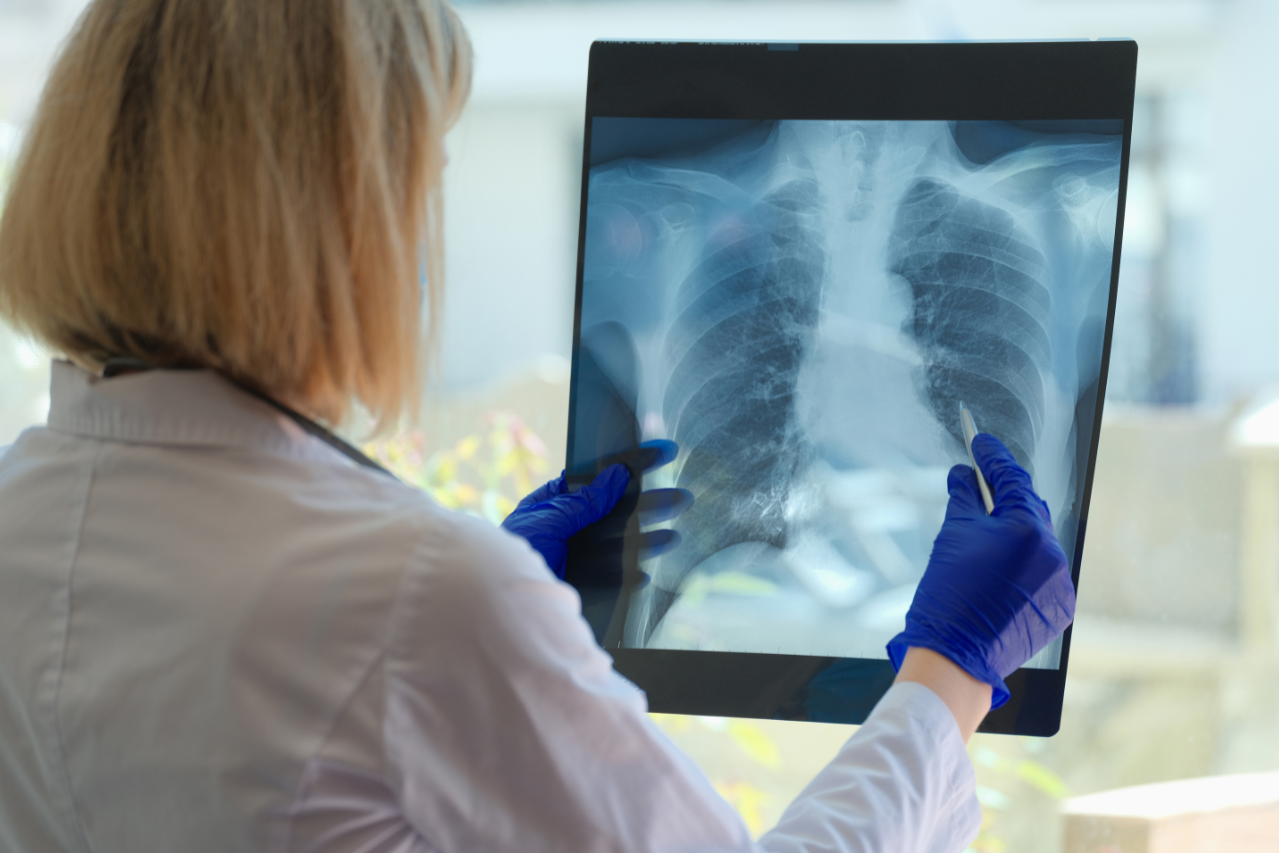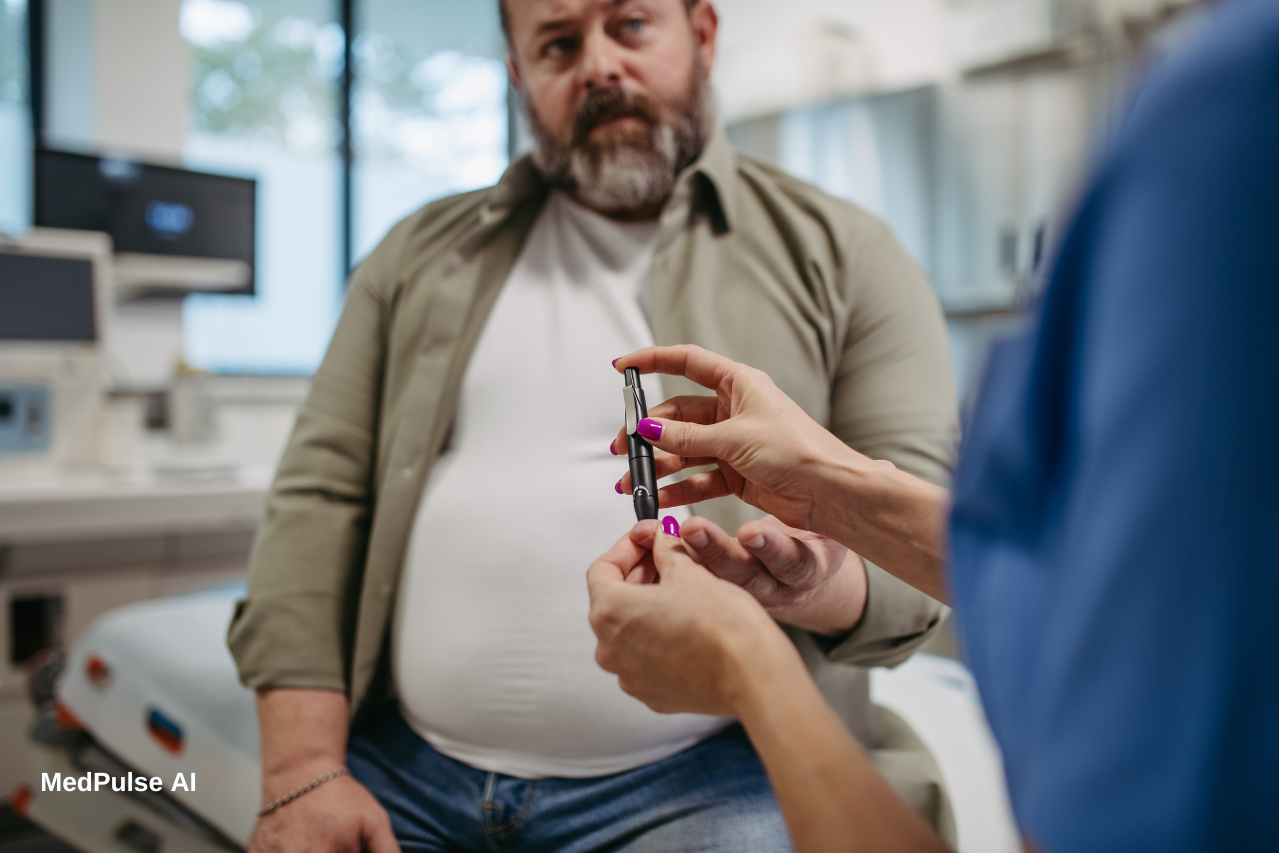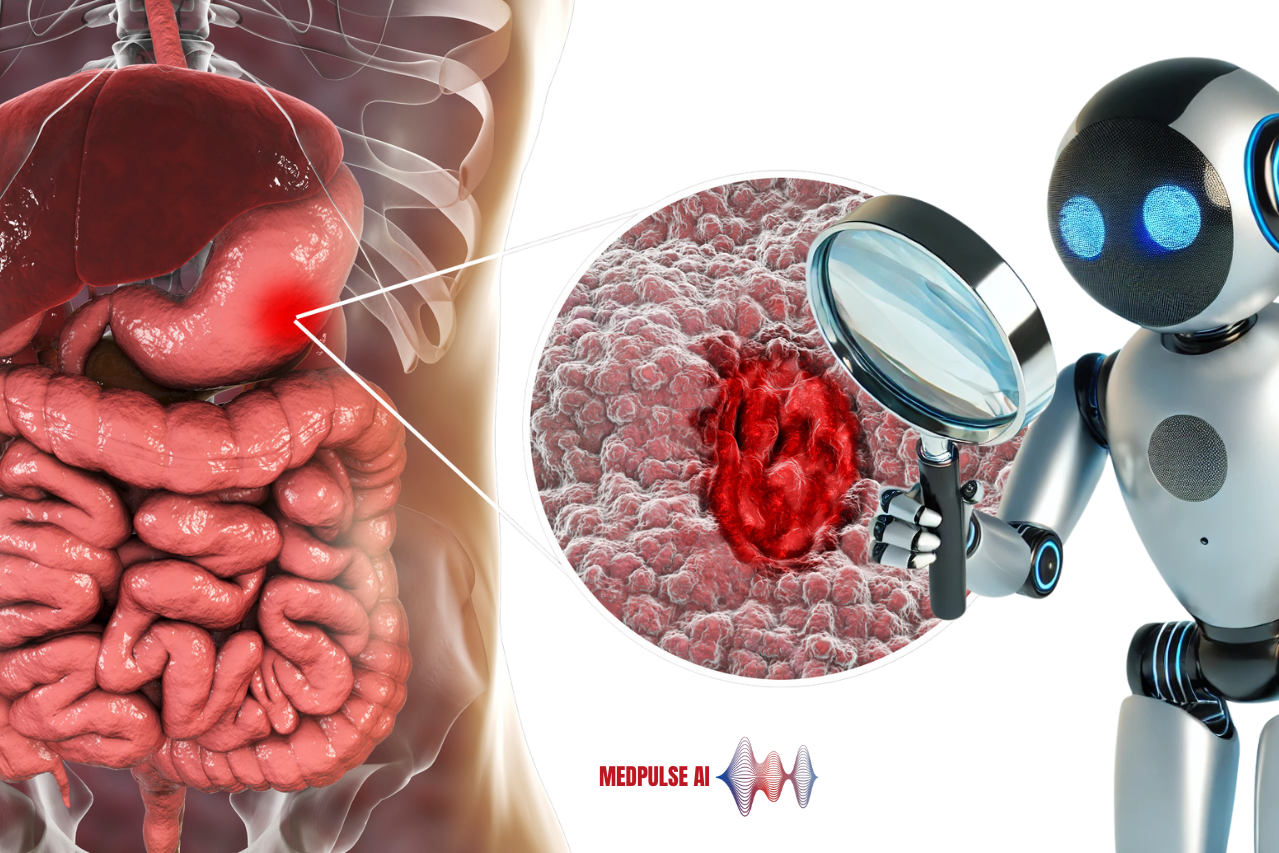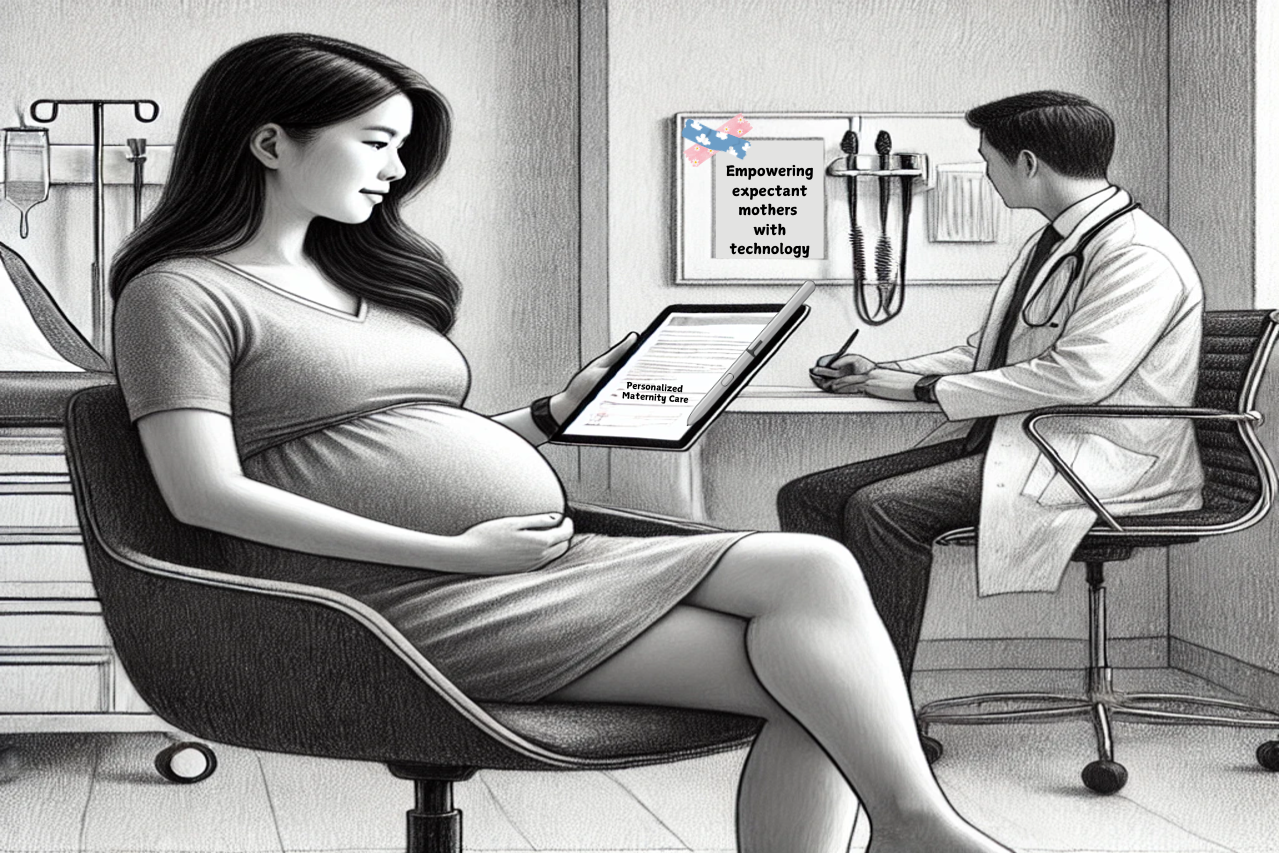The global shortage of healthcare professionals has been a pressing challenge, especially in emerging economies like Thailand and Brazil. With limited access to skilled doctors, many communities face delays in diagnosis and treatment, exacerbating public health concerns. Enter LPIXEL Inc., a Tokyo-based AI startup that is revolutionizing healthcare through innovative image analysis technologies. Their efforts in Thailand and Brazil exemplify how AI can bridge critical gaps in medical care, bringing hope to underserved populations.
Understanding the Problem: A Global Doctor Shortage
The World Health Organization (WHO) estimates a projected shortfall of 10 million healthcare workers by 2030, with developing countries bearing the brunt. Thailand, despite its strides in healthcare, still grapples with a lack of doctors in rural areas. Similarly, Brazil’s expansive geography and high prevalence of certain diseases, like stomach cancer, pose unique challenges for its healthcare system.
These shortages often lead to overburdened physicians, delayed diagnoses, and untreated cases—particularly for diseases requiring specialized skills, such as tuberculosis and cancer. This is where LPIXEL steps in, utilizing artificial intelligence to enhance diagnostic efficiency and accuracy.
AI in Thailand: Tackling Tuberculosis with Precision
Tuberculosis (TB) remains a significant health burden in Thailand, with rural communities particularly vulnerable. The Japanese government and LPIXEL have partnered to deploy AI-powered diagnostic tools aimed at addressing this issue.
How It Works
LPIXEL’s AI system analyzes chest X-ray images to detect early signs of TB. This technology provides a second layer of review, assisting healthcare workers in identifying abnormalities that may go unnoticed in traditional screenings. By doing so, it empowers healthcare providers to act swiftly, improving patient outcomes and preventing the spread of TB.
Impact on Rural Healthcare
For regions with limited access to radiologists or specialists, LPIXEL’s solution offers a game-changing advantage. Health workers with basic training can use the system to screen patients more effectively, reducing reliance on scarce human expertise. This model not only enhances diagnosis but also helps mitigate the disparity between urban and rural healthcare services.
AI in Brazil: Fighting Stomach Cancer
In Brazil, stomach cancer is a significant public health issue. Early detection is crucial, but a shortage of specialists often delays diagnosis. LPIXEL’s AI-assisted diagnostic system is stepping up to address this challenge.
The Technology Behind the Solution
Using advanced image analysis, LPIXEL’s AI examines endoscopic images to identify precancerous and cancerous lesions with remarkable accuracy. The system’s ability to process large volumes of data quickly allows for earlier intervention, potentially saving lives.
Reaching Underserved Areas
Brazil’s vast geography complicates access to specialized care, especially in remote regions. By integrating AI into local clinics, LPIXEL is enabling non-specialist healthcare workers to perform advanced diagnostics, ensuring that patients in rural areas receive timely care.
The Broader Implications of AI in Healthcare
LPIXEL’s efforts in Thailand and Brazil highlight the transformative potential of AI in addressing healthcare inequities. Here are a few key takeaways:
- Enhanced Diagnostic Accuracy: AI systems reduce the margin for human error, ensuring that diseases like TB and stomach cancer are detected early.
- Efficiency in Resource Allocation: By assisting non-specialists, AI tools help optimize the limited human resources available in underserved areas.
- Improved Accessibility: AI enables advanced medical diagnostics to reach remote and rural communities, reducing healthcare disparities.
A Blueprint for Global Expansion
LPIXEL’s success in Thailand and Brazil serves as a model for other nations facing similar challenges. As AI technologies continue to evolve, their application in diagnostics will likely expand to include a wider range of diseases and healthcare settings. By collaborating with governments, NGOs, and healthcare providers, companies like LPIXEL can drive meaningful change in global health.
Doctor shortages are a complex issue with no one-size-fits-all solution. However, innovations like those from LPIXEL demonstrate that technology, when applied thoughtfully, can alleviate some of the burden. As Thailand and Brazil benefit from these advancements, their stories offer hope and inspiration for the future of healthcare worldwide.




